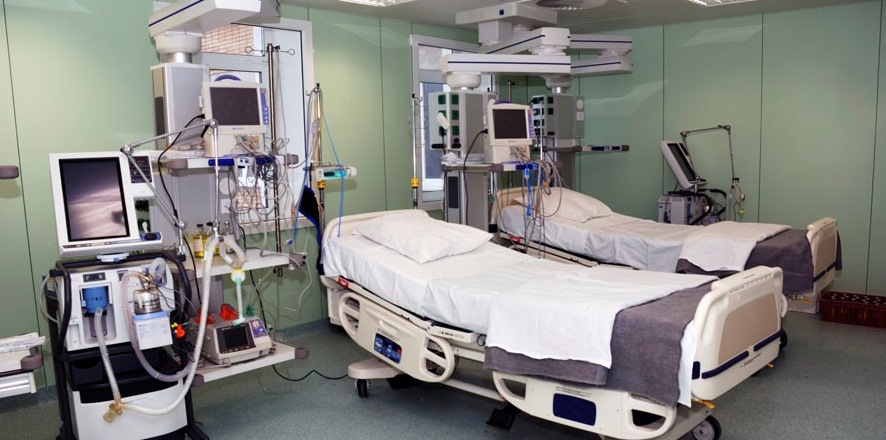
A district in Germany where there has been an acute outbreak of coronavirus cases at a meat-processing plant is being put back into lockdown, the premier of North Rhine-Westfalia said Tuesday.
State premier Armin Laschet said he was putting the district of Guetersloh, home to around 360,000 people, back under lockdown until June 30. The move comes after at least 1,000 workers at a meat processing plant in the area contracted Covid-19.
Germany was lauded throughout the coronavirus crisis in Europe as a country that had seemingly managed to control the virus’ spread, largely through an organized and early contact tracing system, and to have kept the nationwide death toll relatively low.
Now, however, the country has seen a resurgence of cases due to several localized outbreaks in different parts of the country. The surge in infections prompting the reproduction or ‘R’ rate (which refers to the number of people that an infected individual goes on to infect, on average) to jump to 2.88 at the weekend (it had come down to 2.76 on Monday, and is a moving 4-day average which reflects infection rates about one to two weeks ago). Experts want to keep the R rate under one to be able to control and slow the spread of the virus.
The Robert Koch Institute for infectious diseases, collating Germany’s coronavirus data and reporting a further 537 cases Monday, bringing the total recorded to 190,359, said that outbreaks primarily in North Rhine-Westphalia and Lower Saxony are primarily responsible for the increasing case numbers.
The RKI said that as well as outbreaks continuing to be seen in nursing homes and hospitals, outbreaks have been reported in several German states “including in institutions for asylum seekers and refugees, in meat processing plants and logistics companies, among seasonal harvest workers and in connection with religious events and family gatherings.”
Over 1,000 employees at the factory, the largest such plant in Europe and run by German meat giant Tonnies, tested positive for Covid-19, the RKI said Monday. Some reports suggest more than 1,300 people are infected at the plant, where around 7,000 people are employed.


